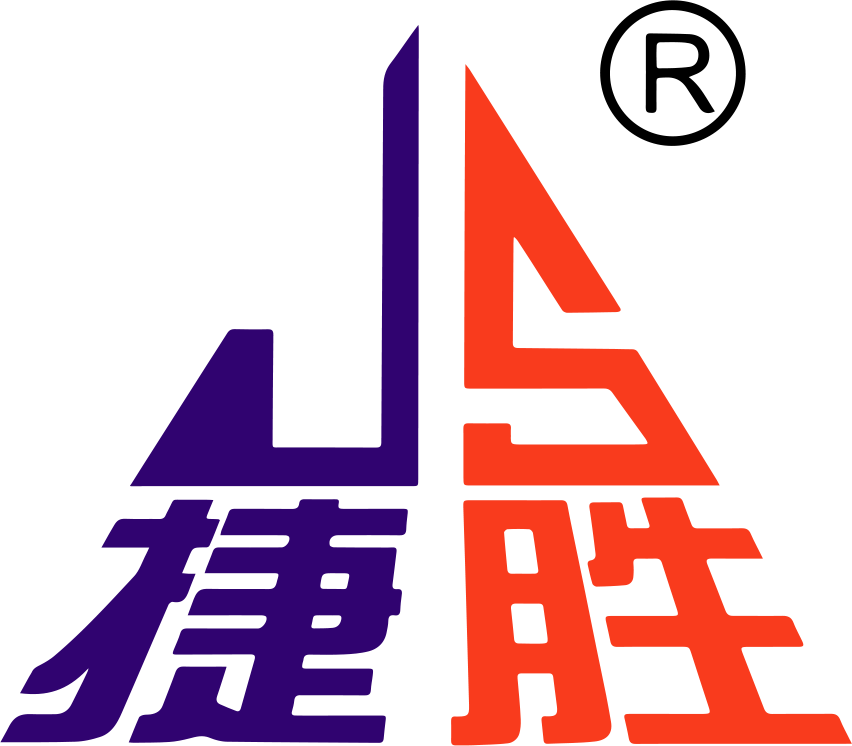Working Principles and Applications of Frequency Converters
One of the most important elements of contemporary electrical systems is a form of electrical device known as the frequency converter which permits the conversion of electrical power from one frequency to another in a cost-effective way. This technology is widely used in many industries from manufacturing equipment to systems of renewable energy. On this area, Jiesheng Electric is one of the vendors of quality frequency converter devices characterized by easily deviated features and high technological advancement.
What is a Frequency Converter Device?
A frequency converter is an instrument or electronic systems used to vary the frequency of an electric power source. Ordinary, electric power systems work with a specific frequency like 50Hz or 60Hz. Although that may pertain in general use, other purposes do require such application but in a different frequency range however. This is where the importance of frequency converters comes in that they adjust the input frequency in relation to the needs or operation of the equipment.
Working Principles of Frequency Converters
Rectification: The first in this process involves the conversion of the incoming AC power to DC. This process is achieved through the use of rectifiers which are electrical components that confines the current to flow only in one direction effectively converting the AC input to stable DC output
Inversion: After the conversion of AC into DC power, it is possible to perform an inversion of the DC current into an AC at the required voltage using inverters. Inverters control active power on the AC side and select the AC voltage and frequency required for the load.
Jiesheng Electric puts great effort when designing its frequency converters so that there is efficient conversion of electricity with negligible power losses within the range.
Applications of Frequency Converters
1. Industrial Automation
Frequency converter usage in manufacturing and processing plants is in electric motor speed measuring. It allows the operator to control the performance of the electric motor by varying the frequency fed to it, thereby saving energy and machinery from excessive damage.
2. Renewable Energy Systems
Renewable energy applications such as wind and solar power require frequency converters. This type of frequency converter was presented to allow this type of renewable energy source to be connected to the grid and it converts the generated electricity from these sources into a fixed frequency.
3. HVAC Systems
In the case of heating, ventilation, and air conditioning systems (HVAC), frequency converters are used for the speed control of fans and pumps. Instead of just satisfying comfort levels, where power consumption is constant, more efficiency is achieved since power usage is varied depending on the need.
4. Electric Vehicles
In electric vehicles, speed and torque of the electric motor is controlled by frequency converters. Their use leads to smoother acceleration and better performance of the vehicle in general.
The need of frequency converters is a key part in ensuring the performance and efficiency of a number of electrical systems. Ability to change the frequency of electrical power creates many opportunities in a variety of fields across industries. Jiesheng Electric has positioned itself at this technology front providing advanced and efficient frequency converters for the 21st century.

 EN
EN
 AR
AR
 BG
BG
 HR
HR
 CS
CS
 DA
DA
 NL
NL
 FR
FR
 DE
DE
 EL
EL
 HI
HI
 IT
IT
 JA
JA
 KO
KO
 PL
PL
 PT
PT
 RO
RO
 RU
RU
 ES
ES
 SV
SV
 CA
CA
 TL
TL
 ID
ID
 SR
SR
 UK
UK
 VI
VI
 SQ
SQ
 HU
HU
 TH
TH
 TR
TR
 FA
FA
 AF
AF
 MS
MS
 KA
KA
 BN
BN
 LA
LA
 TA
TA
 KK
KK
 UZ
UZ
